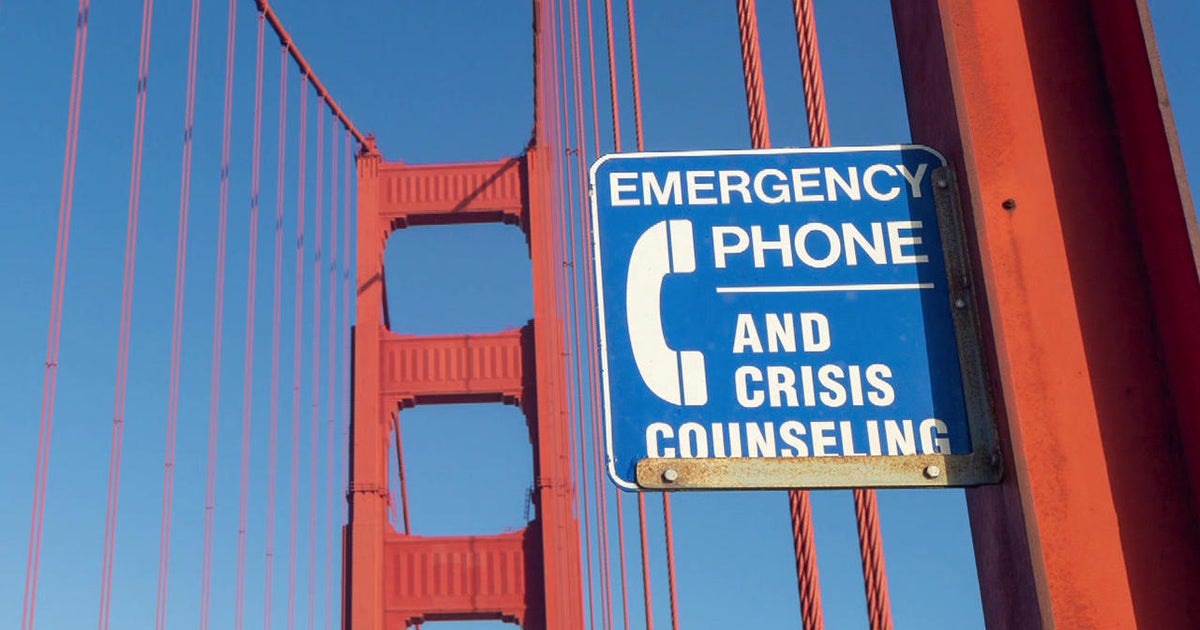
Eliminating the stigma surrounding suicide
CBSN
Gardening at home in Kansas City, Missouri, Clancy Martin hardly looks like someone who has struggled for years with grim thoughts of suicide. "It was just all day, every day, wanting to die, wanting to take my own life," he said.
It started young, very young. At six he ran in front of a bus – the first of ten suicide attempts over the years. "One time I pushed myself off a building," he recalled, "and a friend, who almost went over with me, grabbed me from behind, who I didn't even know was there. It's a miracle that I'm alive. And I'm so grateful for that miracle!"
Suicidal thoughts at six may be rare, but now 56, Martin fits one of the demographics most likely to die by suicide: White males, middle-aged and older. But in America today, every demographic is at risk, said psychiatrist Christine Yu Moutier, who heads up the American Foundation for Suicide Prevention. "Suicidal ideation is actually so common in the general population," she said.





















 Run 3 Space | Play Space Running Game
Run 3 Space | Play Space Running Game Traffic Jam 3D | Online Racing Game
Traffic Jam 3D | Online Racing Game Duck Hunt | Play Old Classic Game
Duck Hunt | Play Old Classic Game











